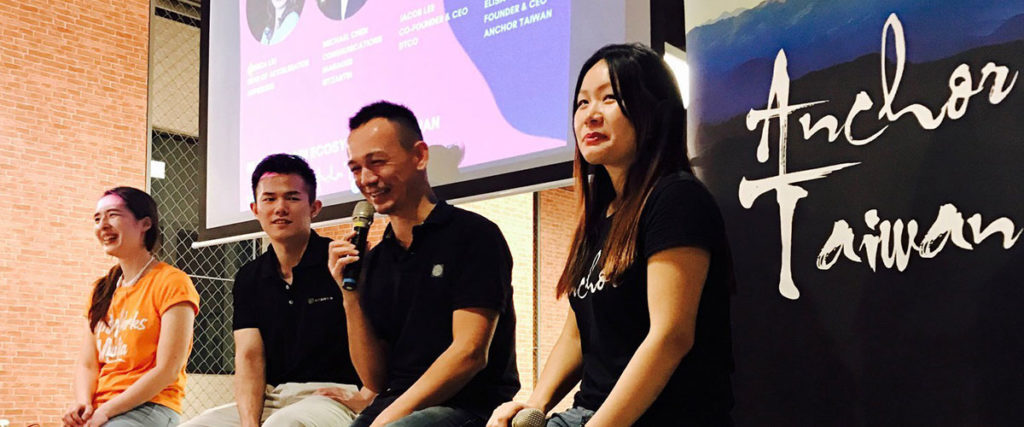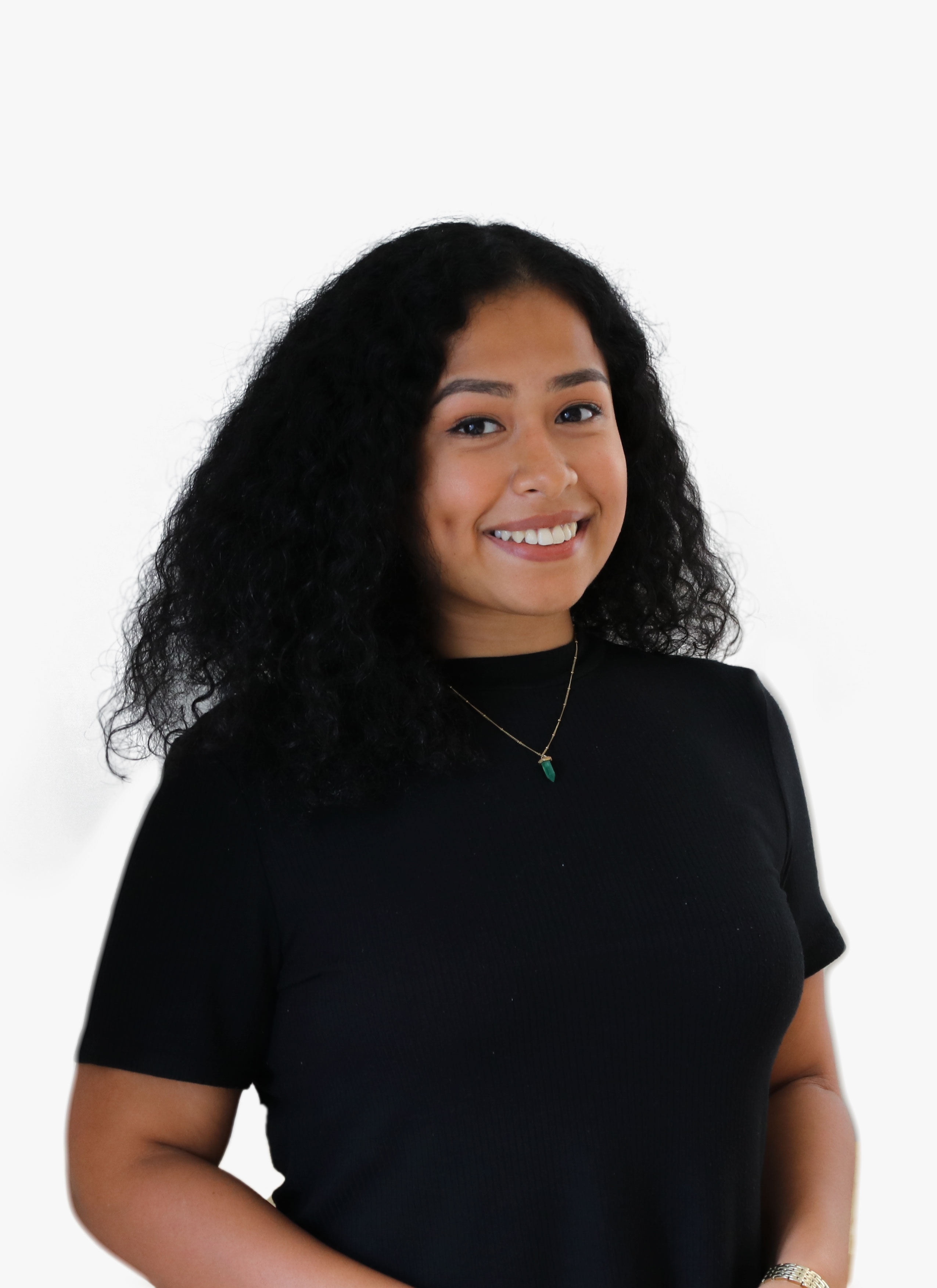Former hedge fund trader Elisa Chiu is the co-founder of Anchor Taiwan. She’s now growing and supporting cross-cultural, multidisciplinary talents for the future.
Elisa Chiu is the founder of Anchor Taiwan, a tech-focused entrepreneurial community and investor network that aims to serve as the bridge between Taiwan’s untapped talents and the rest of the world’s innovative technologies. As a self-labelled world citizen, having lived in Canada, United States, Hong Kong and now, back to Taiwan, Elisa is an entrepreneur and investor who recognises the enormous potential in Taiwan’s ICT supply chain. Having dedicated her career to nurturing local industry powerhouses by connecting them to significant investors, entrepreneurs, and tech-heads from Silicon Valley and beyond, the possibilities that Elisa sees in this cross-cultural, multidisciplinary focus are endlessly promising – but there’s still plenty of work to be done.
She tells Hive Life what it will take to reap the full potential of Taiwan’s expanding entrepreneurial community – and why she sees a massive opportunity for innovative software-hardware integration in her hometown.
Tell us about your background in tech and investment.
I’m an economist by trade, so I’ve been wholly in love with quantitative models all my life, explaining the world through the moving demand and supply curves, and so on. I was studying in this programme at the University of Toronto when I was lucky enough to get a job on a trading floor. But in the beginning, I didn’t know anything about the financial world. I didn’t really have any previous exposure to it so I didn’t have that innate desire of, “I want this job.” So when I was interviewed, I was just being myself, and I dared to ask questions, and somehow, I got the job. I’m super thankful for my first boss actually, I started my trading career in Toronto as an immigrant, and I think my first boss really saw the potential in me. Then I joined JP Morgan, and they moved me from Canada to Hong Kong. So I spent quite a few years in Hong Kong for JP Morgan, and then a UK hedge fund, focusing on trading convertible bonds in all of the APAC markets – all the way from Korea, Japan, China, Taiwan, to Australia.
Toward the end of my career in finance, I didn’t feel fulfilled, so I was really longing for something different. Eventually, after a lot of internal debate, I finally pulled the trigger and resigned and went travelling all over the world.
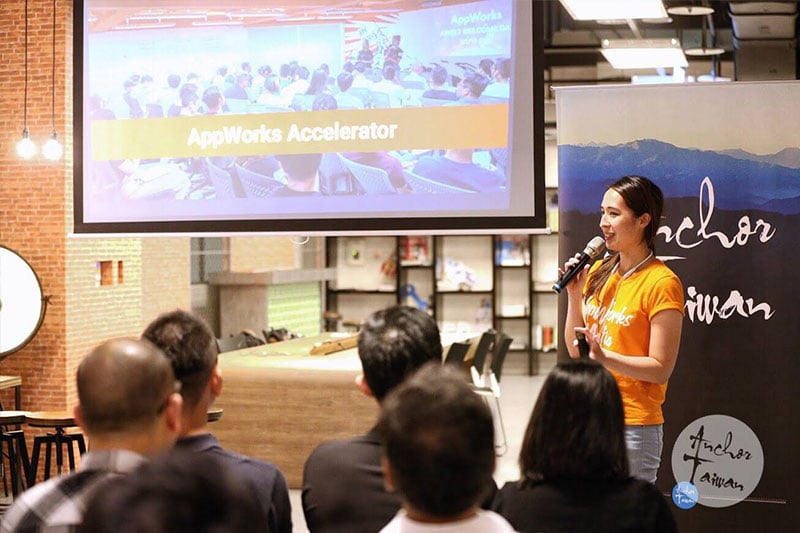
How did you end up in Silicon Valley?
My dream was to be a world photojournalist so I went to a lot of different places, basically trying to use the power of images to bring some positive change. Sure enough, that landed me in Silicon Valley, and essentially to entrepreneurship and impact investing. I thought, “Oh my God. This is what I’ve been looking for!” So, I moved myself to Silicon Valley knowing only two people there. I didn’t have a job offer. I didn’t have anything at the time.
What was it like?
When I first visited Silicon Valley while travelling, I was blown away by the people that I’d met over there – specifically by the way that they look at the world, the way they define problems before finding solutions to resolve them. I was very moved and inspired by the people that I met, so I decided to be close to them. At the time, I just wanted to learn about how they thought, how they reasoned, how they made decisions. I believed that those were the people that I wanted to spend time with. My experience is a little unconventional because I pretty much created the ideal job for myself. It took years of exploration. But, in Silicon Valley, I had this opportunity to have a front-row seat witnessing the transformation of innovation, and essentially I wanted to combine a cross-border experience to work on mission-driven endeavours in innovation and entrepreneurship. From there, I started building my network around entrepreneurship and investing.
What spurred you to leave Silicon Valley and move back to Taiwan?
Silicon Valley is like the Mecca of startups, of venture capital, and of so many incredible innovations. But, I often tell people that Silicon Valley is not perfect. It has a lot of its own issues and problems.
I feel that I’m a world citizen. Obviously, I love Taiwan but I also love Silicon Valley. I love Hong Kong as well. It’s about that bridge that connects places by mobilising different resources and that’s what we’re doing with Anchor Taiwan. I’ve always maintained my base in Silicon Valley because it’s actually still a very important gateway to innovation to top thinkers and also investors. But eventually, I needed to spend more and more time in Taiwan to cultivate the connections with the industry here.
What are your thoughts on Taiwan’s tech scene, and how has it changed in the last few years?
The communities are becoming more international. When Anchor Taiwan first started in 2017, one of the reasons why we started with so many English, international startup events was because, back then, there weren’t that many so there were not a lot of opportunities for international founders to come to Taiwan, network, get to know each other, and learn and grow together. But throughout the years, we’ve started seeing more entrepreneurs and investors coming to Taiwan and becoming a part of the ecosystem.
Taiwan is still quite a conservative society when it comes to innovation and entrepreneurship – in terms of the Silicon Valley type of entrepreneurship and innovation. Now, we’re starting to see more young people getting into this space and wanting to basically try different ways of conducting business, instead of the old ways.
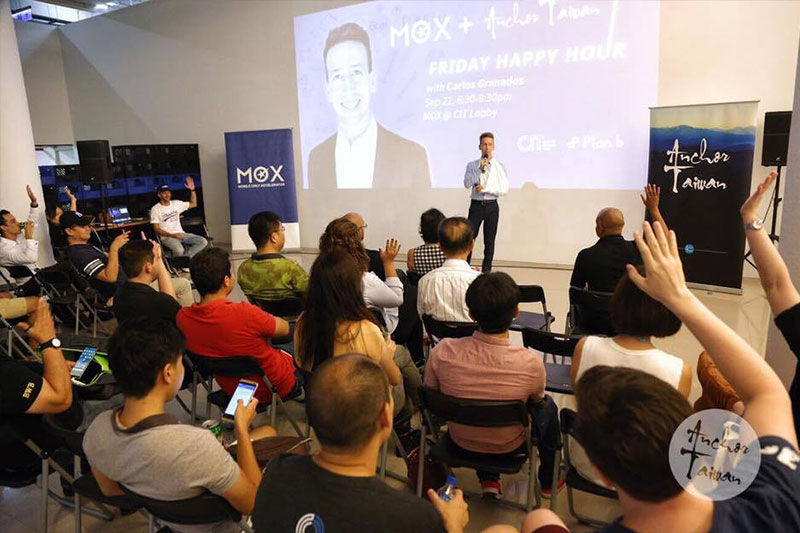
What makes Taiwan’s tech industry so unique?
Our powerful supply chains. With COVID-19, that strength has really been highlighted. I hope the world will realise that this is really something that they can either collaborate with or leverage when it comes to the Taiwanese supply chain – and this is not just about our manufacturing businesses. It’s also about the needs and interests of many manufactures and suppliers when it comes to working with global talent for innovation I think there are a lot of opportunities for startups, from manufacturing to looking for your partners and investors.
What opportunities are there for international startups and businesses across the world looking to collaborate with companies in Taiwan?
A lot of people don’t realise that in Taiwan, we have a really solid traditional industry sector. Many multi-generational companies that have been around for a long time are looking to reinvent their businesses, and a lot of the second and third-generation owners of these businesses are starting to come back to Taiwan. A lot of them want the chance to work with startups to inject this external, innovative energy into their company. And again, that’s something that’s probably not the traditional supply chain that people will think of.
If more people knew about the players here, they would probably be surprised by how many opportunities are not being realised yet, here in Taiwan. When it comes to the technology side of things, I think in the next decade, it will be very important to have talents that are capable of doing hardware-software integration. If we look at the last 20 years in Silicon Valley, people have been focusing so much on software innovation, but if you look at frontier technology, from 5G to blockchain to autonomous driving to quantum computing, all this frontier technology is not possible without hardware. Yes, you need to write the software to drive the change, but it’s impossible for you to be able to master those frontier technologies without hardware. Guess where you can find talent that has been trained for decades in hardware and software integration? Taiwan is an island full of engineering talent.
If you could speak directly to these upcoming generations and advise them on how they can achieve the full potential of software-hardware integration in Taiwan, what would you say to them?
Ask questions. On the one hand, we’re really good at following rules – people here are polite, but they’re always saying yes, without question. With this new type of economy, with innovation, you cannot stay that way. You need to be different. So you need to ask questions. Start having more independent thinking and critical thinking. This is not something that can be accomplished overnight, but having that stimulation to challenge people to have independent thinking and to raise questions would be the very first step.
The second thing is how to really embrace failures. People in Taiwan tend to care about not “losing face”. People are very afraid of making mistakes – they always wanted to find safer routes. Don’t get me wrong – when they are on that route, they do it really well, and that’s why we have so many amazing doctors, engineers, lawyers, and so forth. But again, in entrepreneurship if you always keep to this safe route, you’re not going to be able to create something new. We need a more tolerant society for that. Again, that’s not something that can happen overnight.
The last thing is this mentality, or this expectation, that the government should always be doing something more. Like with Anchor Taiwan, very often people ask, “Isn’t that what the government is supposed to do?” But for the entrepreneurial ecosystem, too many government resources is not always necessarily a good thing. When it’s relatively easy to get government subsidies and support, do you still have that initial drive to really create something?
What does Anchor Taiwan do to help the entrepreneurial and tech communities in Taiwan?
The world really needs more cross-cultural and multi-disciplinary talent. What we’re thinking is that, coming from Taiwan, “How can we empower the changemakers from around the world to achieve that?” The values we embrace – curiosity, community, collaboration, and connection – all of those are important for us to achieve our goal. We curate our programmes and events for our local ecosystem, we identify top entrepreneurs, tech professionals, and investors from around the world, and we bring them to Taiwan to find a win-win scenario for them to then collaborate with local industries and talents. The reason that we hold those events is to bring in this outside perspective and stimulation so that people can share their know-how. Some of our global members started moving to Taiwan and setting up their teams here, and that’s typically when we create this exchange of ideas to turn it into actual actionable items and business collaborations.
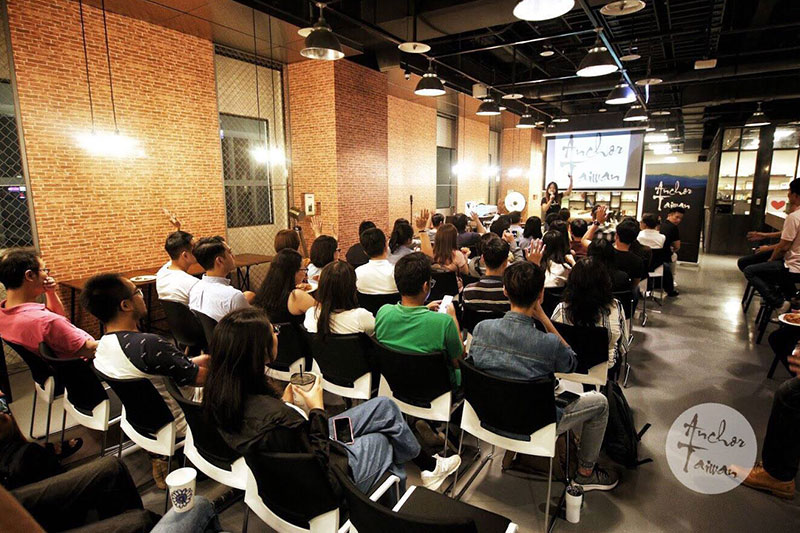
What do you look for in the people you hire, invest in, or collaborate with?
Work on something that you truly care about. This thing that you’re working on – does it inspire you, or are you only in it for some quick money? People can tell. Are you really uniquely positioned to do what you’re doing?
I also don’t suggest founders search for funding internationally too early. Think about it. If you’re building something, let’s say from Canada, and you come here to start raising your angel investments, then naturally people will think, “Can you not find supporters around you in your home market?” There are always exceptions, of course, but you’ll need to understand how to give them a reason to support you.
What do you see in the near future, for you and Anchor Taiwan?
We are at this pivotal point where, as we get deeper in understanding, knowledge, and connections with industries here in Taiwan, we’re gaining more insight into how we can connect the world with Taiwan on an industry level. Since last year, we have spent more time with our corporate partners here in Taiwan, both from the ICT supply chain and also from the traditional industries, to combine my expertise from capital markets and further inject capital into this whole picture. Essentially, our goal for the next, three, five, maybe 10 years, is to really think about building a flagship experience and channelling capital for innovation and impact for world leaders to come to Taiwan for this win-win outcome for our local communities and beyond.
Interested in learning more about the future of technology and entrepreneurship in Taiwan? Head over to the Hive Taipei at 7 pm on 19 August for The Experience Series, where Elisa will deep dive into the story about how she ended up in her line of work, and the rounds of trial-and-error it took her to get there.
Related Articles
Shenzhen: The Next Silicon Valley?
This Ex-Microsoft Software Engineer Helped 1,500,000 People Learn Cloud Computing
